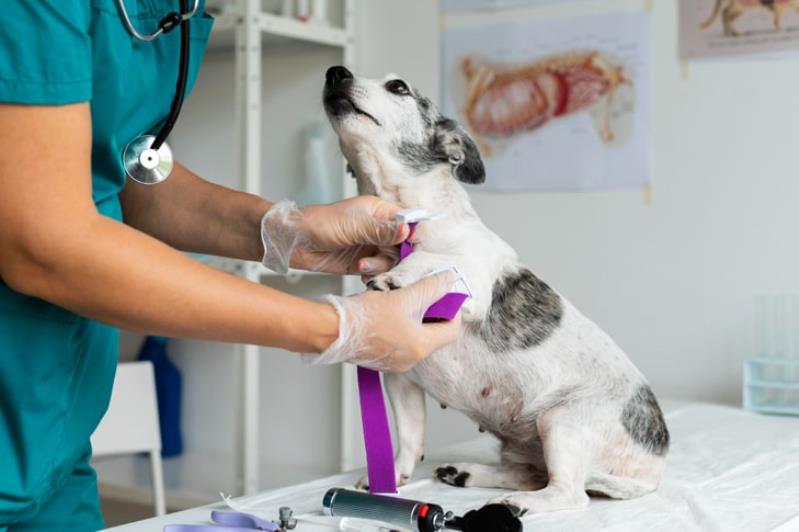
Ensuring your dog’s health and well-being involves more than just providing food, shelter, and exercise. Regular veterinary visits are crucial for maintaining a dog’s overall health, preventing illnesses, and detecting potential health issues early. This article explores the importance of veterinary visits, what to expect during check-ups, and how to make the experience stress-free for both you and your pet.
Why Regular Vet Visits Are Essential
- Early Disease Detection
Many health conditions, such as heart disease, diabetes, and kidney issues, develop gradually and may not show immediate symptoms. Routine check-ups help identify problems early, increasing the chances of effective treatment. - Preventive Care and Vaccinations
Preventive care, including vaccinations, parasite control, and dental check-ups, protects your dog from severe diseases. Core vaccinations like rabies, distemper, and parvovirus are essential for maintaining a healthy immune system. - Nutritional and Weight Management
Obesity is a common problem in dogs, leading to joint issues, diabetes, and other health complications. A vet can assess your dog’s weight, suggest dietary changes, and recommend suitable exercise routines. - Dental Health Maintenance
Dental problems can cause pain, infections, and even lead to heart and kidney diseases. Regular vet visits include oral examinations to detect gum disease, plaque buildup, and other dental issues. - Behavioral Assessments
If your dog exhibits aggression, anxiety, or other behavioral concerns, a vet can help determine whether the issue is medical or requires behavioral training.
What to Expect During a Vet Visit
A typical veterinary visit includes:
- Physical Examination: The vet checks the dog’s eyes, ears, skin, teeth, and overall body condition.
- Vaccinations and Preventive Treatments: Depending on the dog’s age and medical history, necessary vaccinations and flea or tick preventatives may be administered.
- Lab Tests: Blood tests, urine analysis, and fecal exams help detect underlying health issues.
- Dietary and Lifestyle Advice: The vet may recommend specific diets or supplements based on the dog’s age, breed, and activity level.
Making Vet Visits Stress-Free
- Get Your Dog Used to Handling: Regularly touching your dog’s paws, ears, and mouth at home makes them more comfortable during a vet examination.
- Use Positive Reinforcement: Reward your dog with treats and praise before and after vet visits to create a positive association.
- Schedule Visits at Quiet Times: Booking appointments during less busy hours reduces waiting time and minimizes stress.
- Bring Their Favorite Toy or Blanket: Familiar scents can help calm an anxious dog in a new environment.
Conclusion
Regular veterinary visits play a significant role in ensuring a long and healthy life for your dog. Preventive care, early disease detection, and professional guidance contribute to their overall well-being. By prioritizing routine check-ups, you can ensure your furry companion enjoys a happy and healthy life for years to come.

